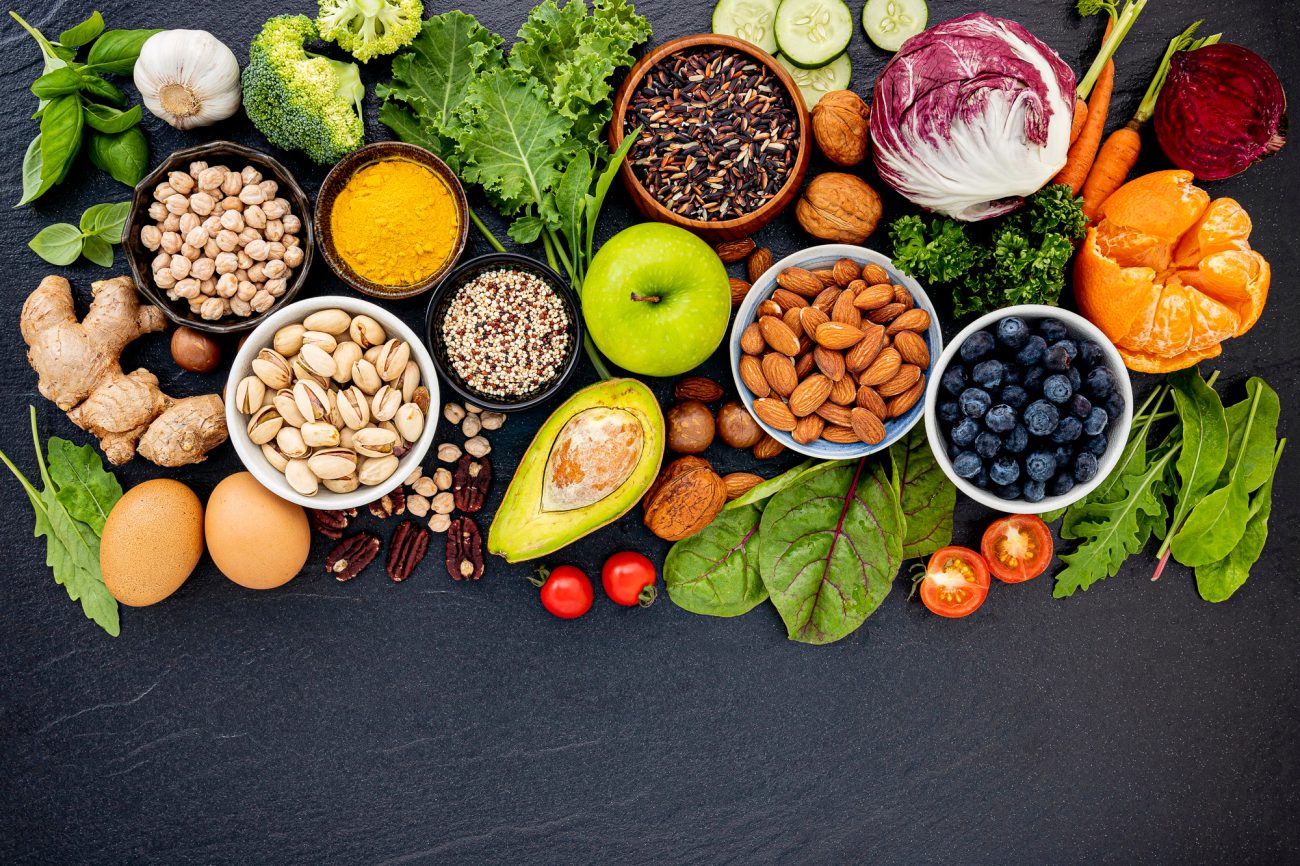In the world of bodybuilding, while rigorous training and discipline are paramount, the critical role of diet in sculpting a champion physique is often heralded as the make-or-break factor for success. A meticulously planned diet not only fuels the intense workouts necessary for muscle growth but also plays a pivotal role in recovery, fat loss, and muscle preservation. This comprehensive guide delves into the fundamental principles of an effective bodybuilding diet, highlighting its indispensable role in achieving bodybuilding success.
The Foundation of Bodybuilding Nutrition
At its core, bodybuilding nutrition revolves around three primary macronutrients: proteins, carbohydrates, and fats. Each plays a unique role in supporting muscle growth, enhancing recovery, and providing the energy required for both training and daily activities.
Proteins: The Building Blocks of Muscle
Proteins are crucial for muscle repair and growth. They provide the amino acids needed to rebuild muscle tissue that is broken down during weight training. For bodybuilders, consuming a high-protein diet is essential, with recommendations ranging from 1.6 to 2.2 grams of protein per kilogram of body weight. High-quality protein sources include lean meats, fish, eggs, dairy products, and plant-based alternatives like tofu and tempeh.
Carbohydrates: The Fuel for Training
Carbohydrates are the body’s primary energy source. They replenish glycogen stores in the muscles and liver, which are depleted during intense workouts. Carbohydrates also play a role in protein synthesis, making them essential for muscle growth. Complex carbohydrates, such as whole grains, fruits, and vegetables, are preferred for their ability to provide a steady energy release and essential nutrients.
Fats: Essential for Hormonal Balance
Fats are often misunderstood in the context of bodybuilding. However, they’re essential for hormonal balance, including the production of testosterone, which is crucial for muscle growth. Healthy fats, found in avocados, nuts, seeds, and fatty fish, should be incorporated into the diet in moderation.
The Importance of Micronutrients and Hydration
Beyond macronutrients, micronutrients—vitamins and minerals—play significant roles in energy production, muscle contraction, and overall health. A varied diet rich in fruits, vegetables, nuts, seeds, and lean proteins can help ensure adequate intake of these essential nutrients.
Hydration is another critical aspect often overlooked. Water is essential for transporting nutrients, optimizing metabolic processes, and maintaining cellular structure and function. Adequate hydration improves performance, recovery, and overall health.
Diet Periodization for Bodybuilding
Just as training regimens are meticulously planned and periodized, so too should the diet be tailored to the bodybuilder’s changing needs throughout the year. This approach, known as diet periodization, involves adjusting caloric intake and macronutrient ratios based on the phase of training—whether bulking, cutting, or maintaining.
- Bulking Phase: The focus is on gaining muscle mass, which typically requires a caloric surplus. The diet is rich in proteins and carbohydrates to fuel workouts and support muscle growth.
- Cutting Phase: The goal is to reduce body fat while preserving muscle mass, requiring a caloric deficit. Protein intake remains high, but carbohydrates are reduced, and dietary focus shifts towards lean proteins and vegetables.
- Maintenance Phase: Here, the aim is to maintain the physique achieved during the bulking and cutting phases. The diet is balanced, providing enough calories to support daily activities without promoting significant weight gain or loss.
Meal Timing and Frequency
The timing and frequency of meals can also impact bodybuilding success. Consuming protein and carbohydrates before and after workouts can enhance performance, promote protein synthesis, and speed up recovery. Many bodybuilders prefer multiple small meals throughout the day to continuously fuel their bodies and support muscle growth.
Supplements in Bodybuilding Diet
While a well-planned diet should provide most of the necessary nutrients, supplements can offer additional support. Common supplements include protein powders, branched-chain amino acids (BCAAs), creatine, and omega-3 fatty acids. However, supplements should complement, not replace, a nutritious diet.
The Psychological Aspect of Dieting
The psychological aspect of dieting cannot be understated. Adherence to a strict diet requires immense discipline and can be mentally challenging. Finding a balance that allows for occasional treats while staying on track towards bodybuilding goals is crucial for long-term success and mental well-being.
Conclusion
The critical role of diet in bodybuilding success cannot be overstated. It provides the necessary fuel for training, supports recovery, and shapes the body. By understanding and applying the principles of bodybuilding nutrition, bodybuilders can optimize their performance, enhance muscle growth, and achieve their desired physique. As the bodybuilding landscape continues to evolve, so too will the approaches to nutrition, underscoring the dynamic and integral role of diet in the sport.







Leave a comment